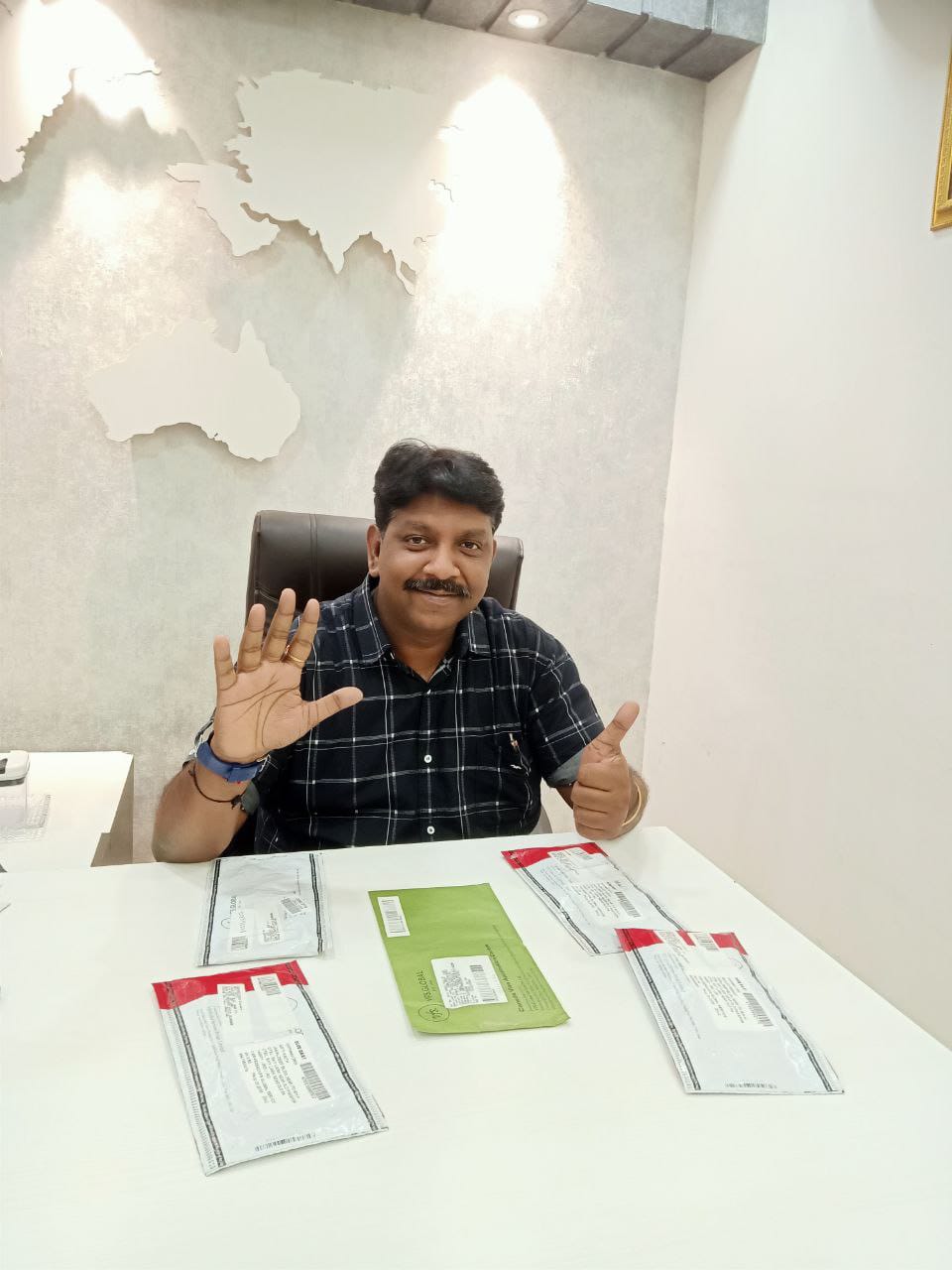

Types Of Visa We Deal In
Study visa
Access opportunity to world-class education by studying in international university.
Spouse visa
British citizens and settled persons who have a spouse living outside
Dependent Visas
A Dependent Visa is a type of Visa that permits the spouses and kids to travel
Super visa
A super visa lets you visit your children or grandchildren for 5 years at a time.
Tourist visas
Tourist/Travel visas allow the bearer to enter a foreign country for touristic
Visitor visas
A tourist visa can only be used for tourism and leisure purposes whereas a visit visa
Canada immigration
Find out what immigration programs you can apply for, sponsor your family
All Pnp Programes
British Columbia Provincial Nominee Program (BC PNP): BC PNP is the only direct economic
Study Abroad


Welcome to Oceans Across
Testimonials
Send Us Message
Lorem ipsum dolor sit amet, consectetur adipiscing elit. Ut elit tellus, luctus nec ullamcorper mattis, pulvinar dapibus leo.


















